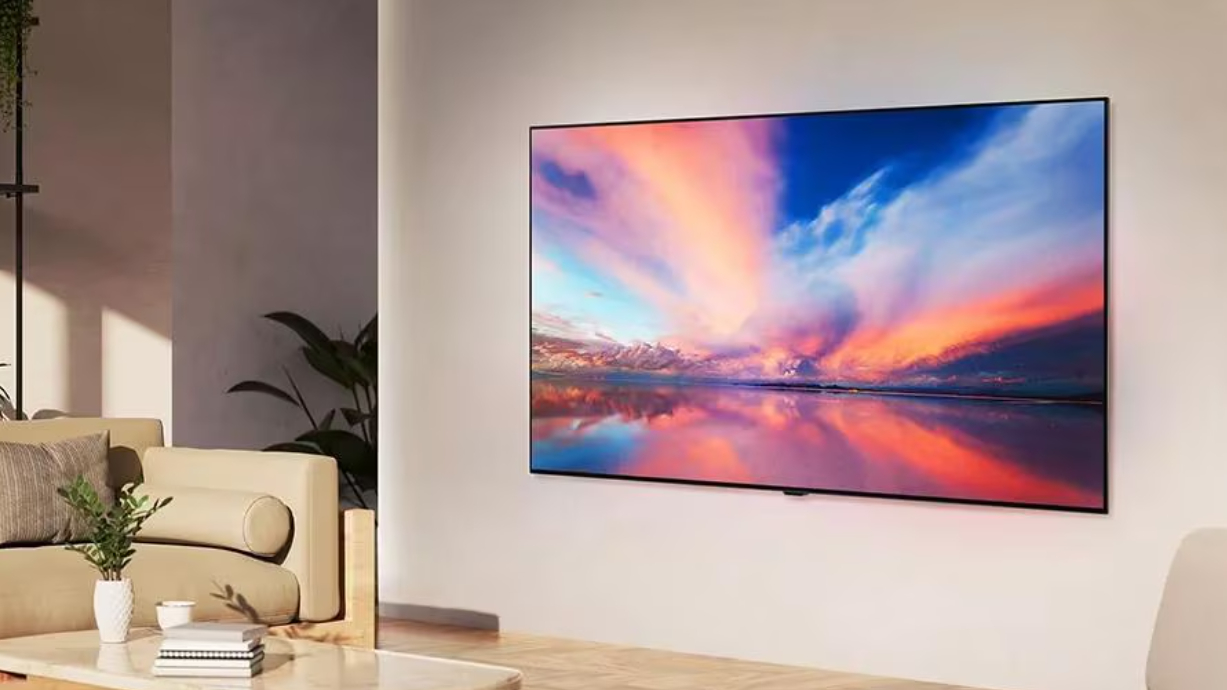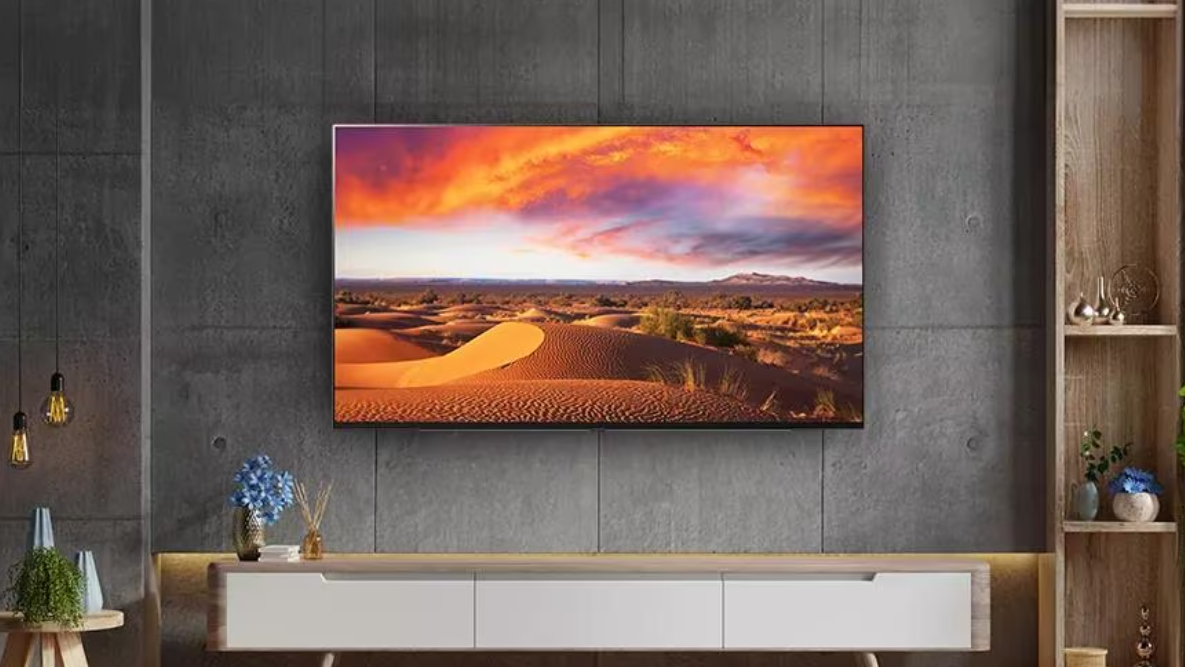
There’s a lot to get hyped for in terms of TVs this year. From the anti-glare-kitted Samsung S95D OLED to the Sony Bravia 9 and its advanced Mini-LED backlighting, 2024 displays are pushing the industry forward in incredibly fascinating ways.
Even the likes of Hisense and TCL have their own revolutionary new Mini-LED TVs, with the latter taking on OLEDs with so-called QD-Mini-LED technology. Although feats in their own rights, there’s one TV that has my attention locked and could well be the one to watch this year: the LG B4 OLED.
Announced only just a few days prior to this story, the LG B4 OLED matches an expert price-to-performance ratio with a stellar spec sheet that’s tantalizing all its own. Sure, it might sit at the tail end of LG’s 2024 TV lineup, but that’s exactly what makes it so ideal and may give it that edge in the market that last year’s LG C3 OLED stole with effortless glory.
So, what makes LG’s budget OLED offering so ideal to me in the face of such a tantalizing year in TV releases? There’s a lot to unpack with this one and despite my initial disappointment with the LG G4 OLED, I’m thinking the B4 can make up for it as a beacon of opportunity in this year’s TV market.
A budget OLED with promise
As one of the cheapest OLED TVs of 2024, saddled right next to the Samsung S85D, the LG C4 OLED serves as a perfect entry point for many new TV buyers. It’s built on LG’s WOLED panel at a starting price of $1,699 (marked down to $1,499 on LG’s website) — which, to be fair, isn’t cheap by any means but, against major competitors in the space, is quite the offering for would-be new OLED adopters.
It takes up after LG’s 2023 C3 OLED as this year’s budget-friendly option among best OLED TVs. Priced at $1,899 for its 55-inch configuration at launch, the LG C3 OLED gave TV buyers a relatively cheap entry point into the OLED ecosystem, a world far too often relegated to prices well over $2,000.
In the case of the LG B4, while potentially not as exciting spec-wise as the C3 when it debuted, this budget OLED still offers just enough features for most TV buyers. It sports the Alpha 8 chip on top of LG’s webOS interface, which has been greatly improved on its newest lineup. Dolby Vision, HDR10, and HLG all ensure you get a well-rounded high-def entertainment experience, too.
Lacking, though, is an ATSC 3.0 tuner, as LG is still in ongoing litigation. Bummer as it might be, you really don’t need an ATSC 3.0 tuner yet for NextGen TV, what with 4K live broadcasts still being somewhat of a rarity. Plus, its middling 20W speaker system might leave much to be desired.
But negatives aside, the most tantalizing specs of all for me is its gaming chops.
A game-changing OLED

The LG B4 OLED could well be one of the best gaming TVs of the year due primarily to its price. OLED still serves as one of the best display technologies for video gaming and it’s hard to go back once you’re sucked into its ecosystem. With so many PC monitors now taking up OLED panels as well, case in point being Samsung’s newest Odyssey lineup, the LG B4 OLED does it just as well with a far less egregious entry point and more screen real estate.
It all stems from the OLED panel. While you certainly could get a great gaming experience on even cheaper displays this year, main among them being the Hisense U8N Mini-LED TV, it’s simply too hard to beat that OLED screen. And even beyond the panel, the LG B4 stacks together several promising features that make it a worthwhile investment in the face of its high-flying competition.
Such features include four HDMI 2.1 inputs, automatically making it one of the best HDMI 2.1 TVs, plus a 120Hz refresh rate — the perfect sweet spot for console gamers. While PC players might want that extra wiggle room, with several TVs now leveraging 144Hz (and even more at the loss of resolution), you really don’t need all of that horsepower, especially given that most games are the most ideal at 60fps and consoles tap out at this range anyway.
And even beyond these underlying specs, the LG B4 OLED also has anti-screen tearing technology of Nvidia G-Sync. Not every TV, especially those among the more budget category, support this so it’s a brilliant touch, one made all the better thanks to both ALLM and VRR.
Despite positives aplenty on the gaming side of things for the B4, there is one thing I would like to see and it’s even lower prices on lower sizes. As of yet, LG has only announced a 55-inch, 65-inch, and 75-inch model for the B4 OLED, which mirrors its LG B3 OLED predecessor. A 48-inch or even 43-inch configuration at a much smaller asking price could make the B4 an OLED game changer and an utter steal for those looking to cash in on the promise of OLED without the burdensome price.
That being said, we still have yet to get the B4 OLED in our labs for testing. Without raw numbers on brightness and input latency, it’s hard to meaningfully glean its overarching potential in the market as of yet, but stick with us here on Tom’s Guide as a full review of the LG C4 OLED is fast approaching.







